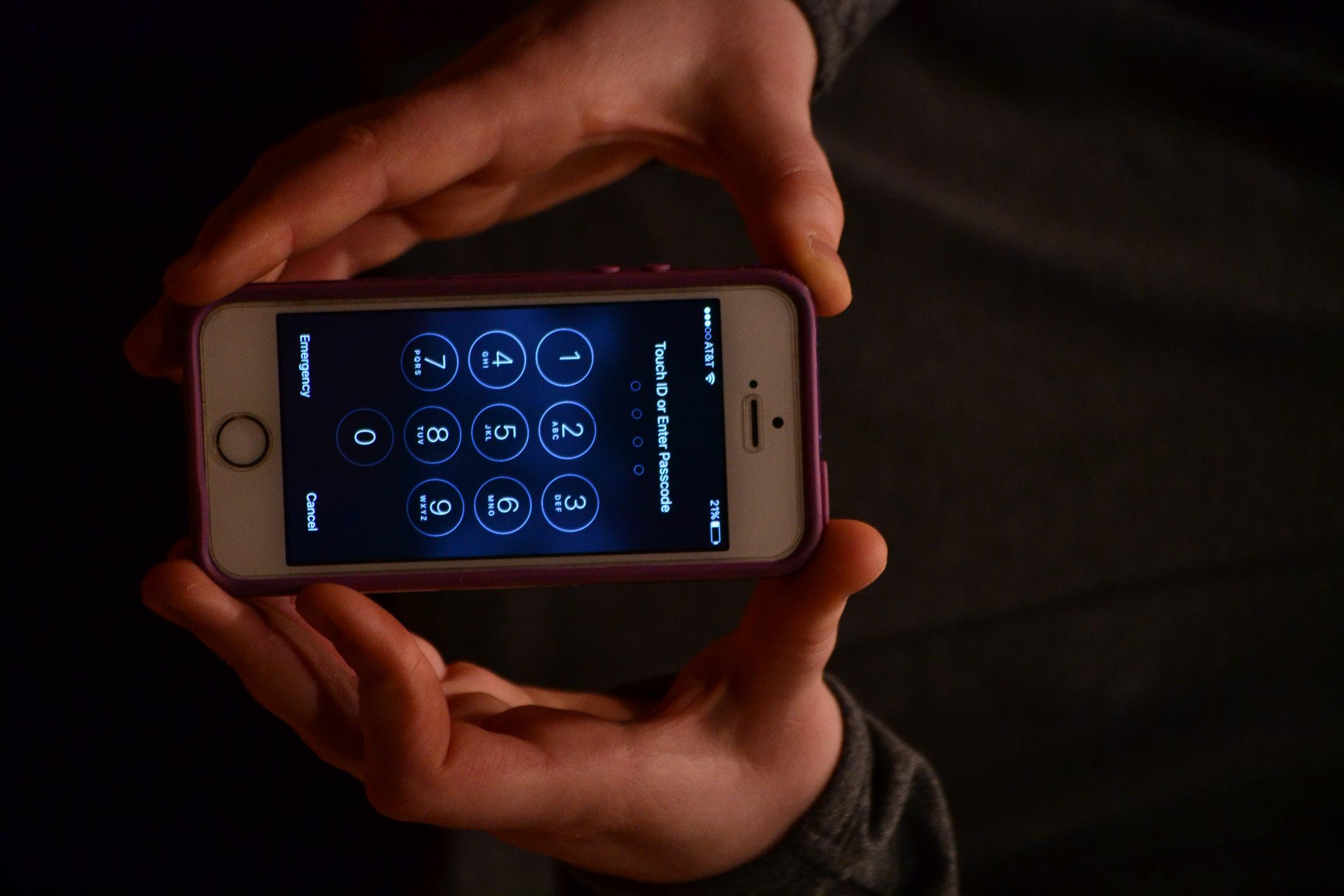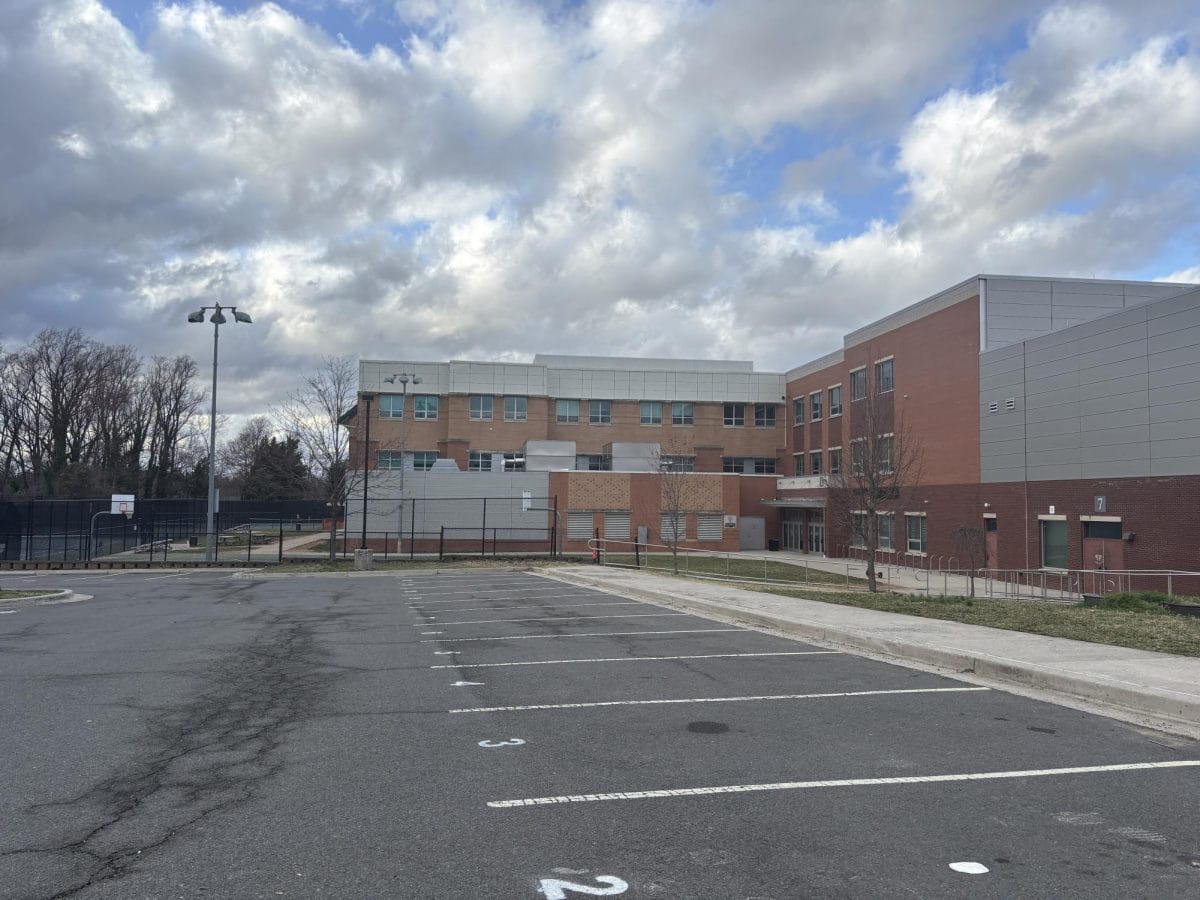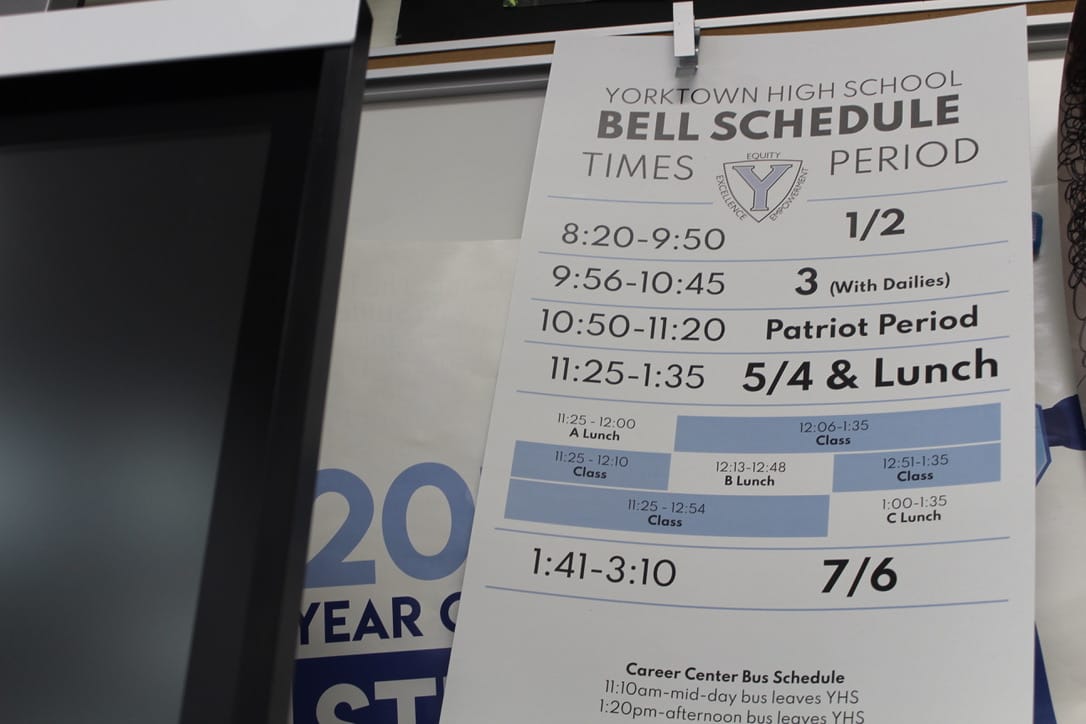Think of the book 1984 by George Orwell. A dystopian, repressive regime where knowledge is censored and nothing is private, not even your thoughts. What we would consider to be private matters would warrant an arrest and even a “deletion” in that society. This is the sort of idea that has stirred many people’s’ thoughts with the privacy concerns surrounding the Apple vs. FBI case.
In the case, the Federal Bureau of Investigation wanted Apple to create a (presumably non-existent) form of iOS (Apple’s operating system) so that the FBI could hack into the phone belonging to the terrorists from the San Bernardino, CA shooting back in December. This operating system (OS) created mass hysteria because if the secrets on the case were leaked, then it would be a major privacy concern for iPhone users. Their private information would then be accessible to whoever knew how to use this OS, and the question about responsibility on the government’s part also rises. If the FBI administered this version of iOS to state and local governments for crime stoppage, would we be living in a kind of dystopian, Orwellian world?
Ultimately, yes. However, when it comes to national security, citizens do need to be willing to offer a little bit of privacy in exchange for assurance of their safety. However, I would not be willing to give up access to my entire phone, and I am sure many people share this view. But if there were secrets on a phone that were vital to our nation’s national security, I would absolutely approve of the hacking of the phone.
Security, especially in the post-9/11 era, has become an object of uncertainty. There are more and more instances of terror rather than prolonged declarations of war or invasions of countries, characteristic of wars in the 20th century. These instances of terror (which, let it be known, pop up all over the world, not just the United States) are fundamentally based more so on the utilization of technology that has become more and more common over the past few years. Finding these devices that facilitate this interaction between terrorists and their affiliates is crucial. Once we know who the person in question was in contact with, our nation’s national security investigators can pull out the weeds by their root.
While this may seem wholly beneficial, there are some downsides. As observed with the recent terror attacks in Belgium, our nation cannot announce whenever there are secrets revealed about developments in a terror plot investigation. Back in March, our government made a breaking announcement that our country had extracted information significant to developments on a terror plot; we did not exercise one drop of discretion on whether or not to magnify this announcement, and thus, the attacks on Belgium commenced within the next week. Terrorists in other countries knew that since their affiliates had been killed, then they would be next, since there would be further investigation into who the deceased had been in contact with, and the pecking order had moved up a rung. So in summary, we cannot be quite so liberal with what is essentially compromising our own national security efforts.
Indubitably, in the news there have been comparisons of this issue to the secrets about the National Security Agency (NSA) released by Edward Snowden as well as the Wikileaks issue and Julian Assange. These matters all regard privacy and security in America and how we may not be as private as we truly believe. This new operating system would certainly not help the federal government’s reputation in that area of social concern.
Even though it did not happen, this is a sort of wake up call for normal everyday citizens who have iPhones. It is quite obvious that our security is at risk when we know that there is a version of an operating system that can be created that would, quite literally, change our lives. If hackers were to get a hold on this operating system, then Apple as we know it would likely face a slippery downward slope. The hackers would know how to get into, theoretically, every iPhone in the country, possibly in the world. Having this happen would certainly imply a boycott or disuse, even discontinuance of Apple products, until the hack was resolved, whichever way they went about doing it.
In light of all this, I believe that Apple should cede a degree of secrets about an iPhone hack to the government, chiefly for the reason of finding information about the San Bernardino terror attacks. This would be a major step in national security for the future, but may be a roadblock for future privacy concerns in our great country.







































